A Call for Fiscal Discipline Amid Economic Uncertainty: Greater Boston Chamber of Commerce Criticizes Mayor’s Budget Proposal

Rooney’s appeal to the City Council to practice “fiscal discipline” has sparked a significant conversation about the city’s financial strategy and priorities.
The Concerns Raised
In a detailed letter addressed to Councilors Brian Worrell and Enrique Pepén, who oversee the Council’s budget review process, Rooney urged all 13 councilors to limit budget growth to 3-4% for the next fiscal year, aligning with inflation rates. He emphasized that the proposed 8% increase is considerably higher than the previous years’ increases of 6.8% and 5.9% for fiscal years 2024 and 2023, respectively.
Rooney's concerns are not just about the budget increase itself but also the broader economic implications. He highlighted the impact of high interest rates and a burdensome regulatory process on commercial property growth, combined with the cessation of federal pandemic assistance. According to Rooney, these factors necessitate a cautious approach to fiscal policy to avoid placing undue strain on residents and businesses.
The Proposed Tax Changes
Mayor Wu’s plan includes a controversial proposal to raise commercial tax rates, which the Chamber strongly opposes. Rooney argues that such an increase, coupled with the proposed budget hike, would exacerbate the financial burden on businesses already grappling with vacant office spaces and declining property values. This concern is shared by Councilor Ed Flynn, who stressed the importance of fiscal responsibility given the potential decline in downtown commercial real estate values.
Alternatives Suggested by the Chamber
Rooney’s letter outlines several alternatives to Mayor Wu’s plan. He suggests utilizing the city’s nearly $1.2 billion budgetary reserve account to offset the need for dramatic residential tax increases. He also proposes petitioning the state for a higher residential tax exemption rather than increasing commercial tax rates. Moreover, the Chamber recommends taking cues from the state’s budget approach, which features a modest growth rate of 3.6% and includes a hiring freeze amid similar revenue uncertainties.
Historical Context and Comparisons
The current proposal from Mayor Wu is reminiscent of a similar tax burden shift implemented in 2004 under Mayor Thomas Menino, who managed to keep budget growth to a mere 0.55% by eliminating hundreds of positions to mirror the fiscal conditions of the time. Rooney cites this historical precedent to argue for a more measured and fiscally conservative approach.
The Broader Implications
The debate over the city’s budget highlights a fundamental tension between the need for fiscal discipline and the desire to invest in public services. Mayor Wu’s administration has made it clear that they do not plan to cut spending to offset residential tax increases. Instead, they are advocating for the creation of a new local tax, a real estate transfer fee on transactions over $2 million, to reduce reliance on property taxes. This proposal, however, has also faced resistance from industry groups and state lawmakers.
As the City Council deliberates over the budget, the call for fiscal discipline from the Greater Boston Chamber of Commerce adds a critical voice to the discussion. Rooney’s arguments underscore the need to balance economic realities with fiscal policies that support both residents and businesses. The outcome of this debate will shape Boston’s financial landscape in the coming years, and it remains to be seen how the Council will navigate these challenging decisions.
Categories
Recent Posts
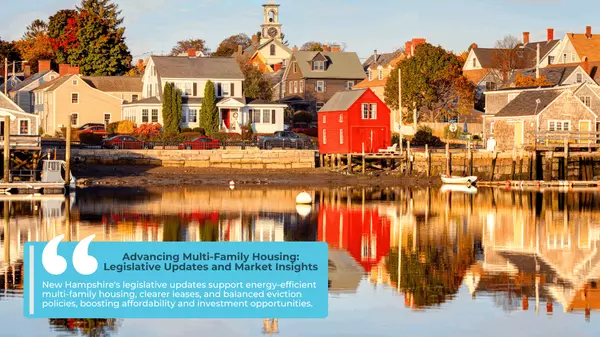
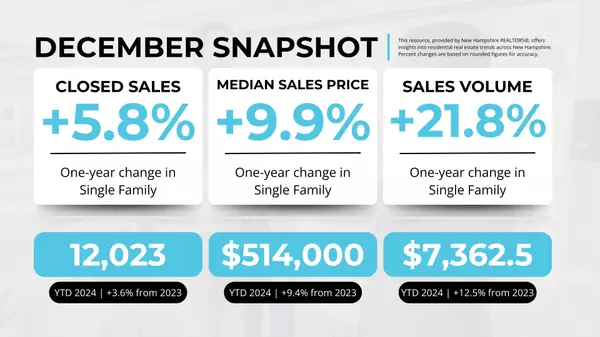
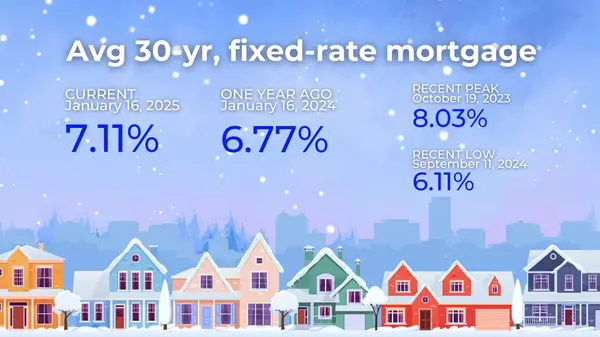
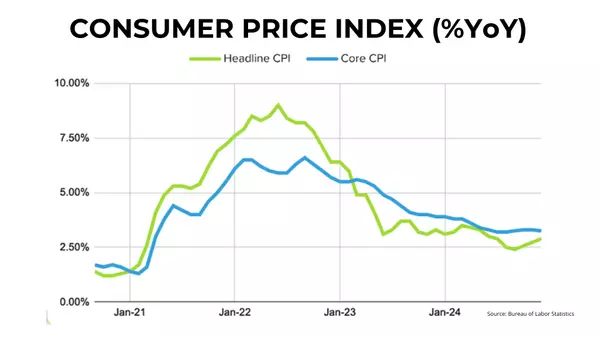
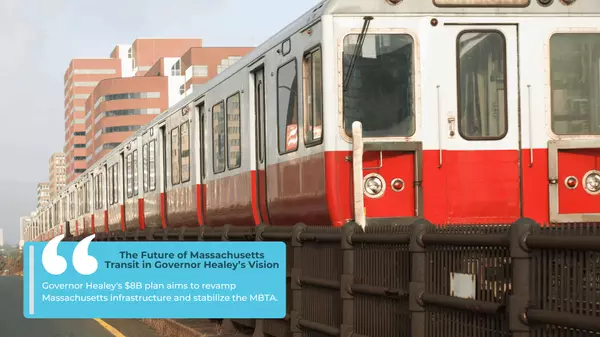
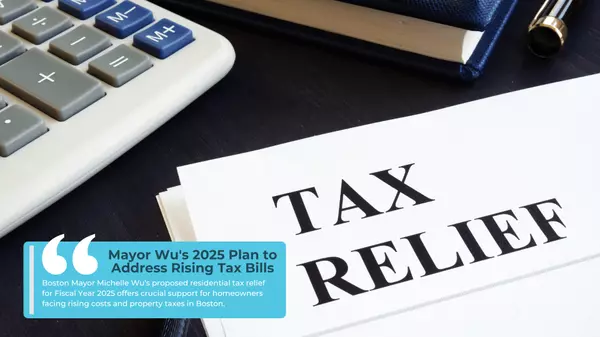
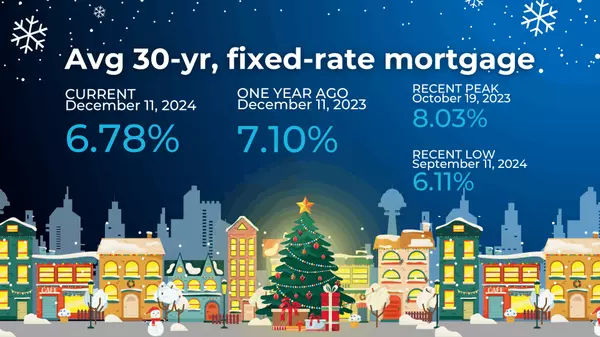
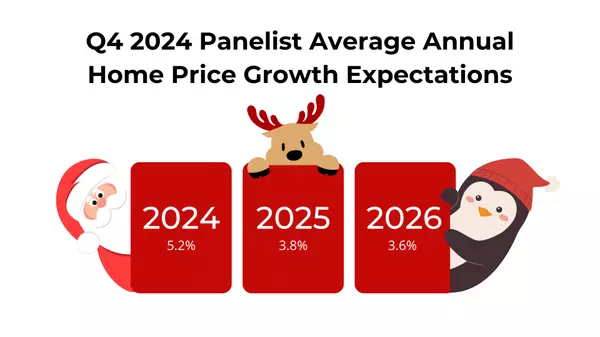
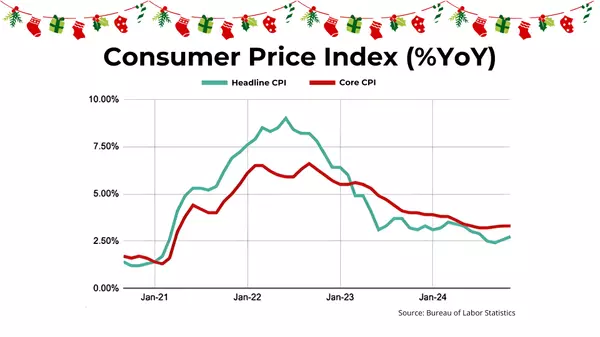

GET MORE INFORMATION

